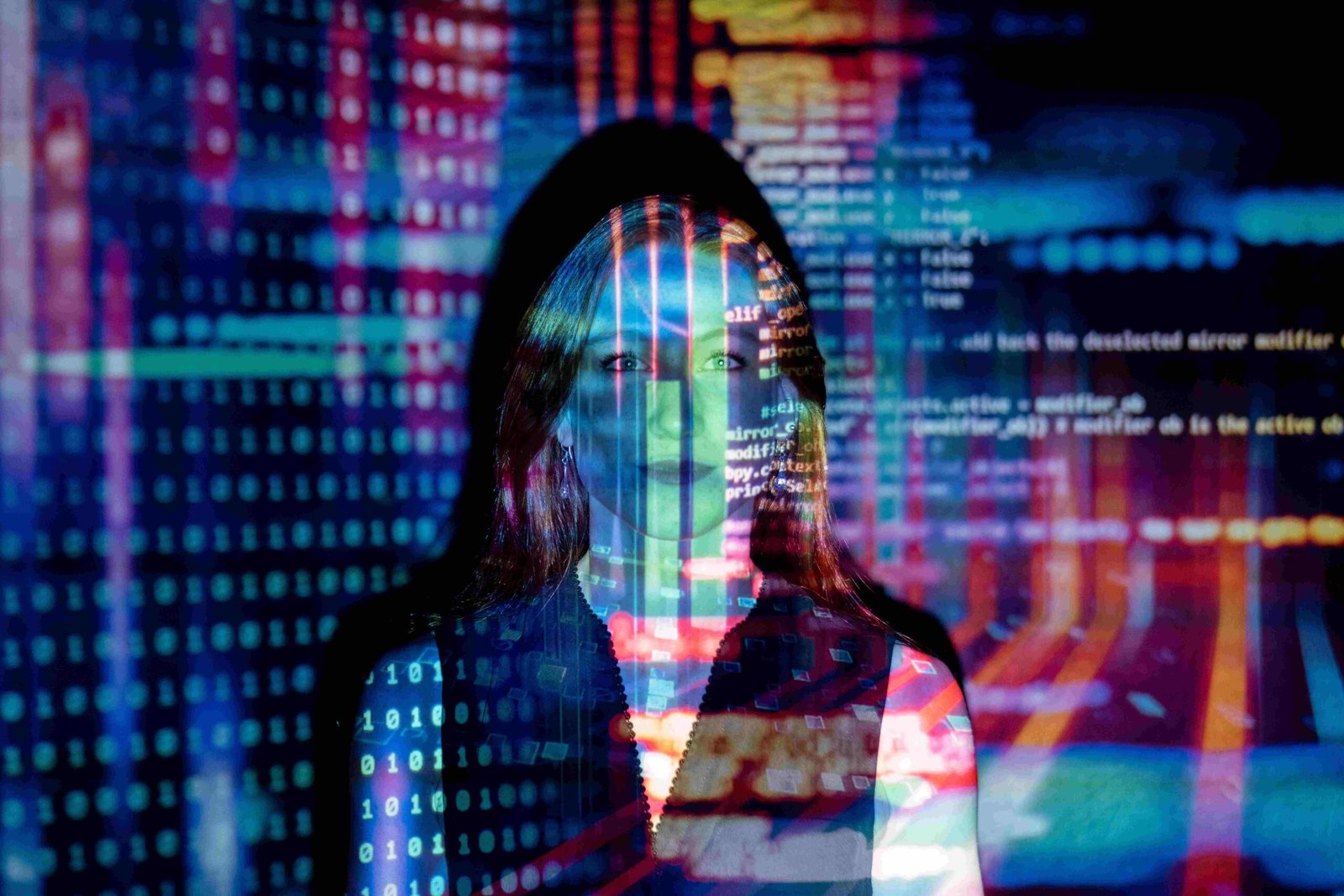Artificial Intelligence (AI) has emerged as a transformative force in the modern world, dramatically impacting our lives at home and at work. As technology advances, the integration of AI in the workplace has become inevitable. In this post, we’ll consider the implications of AI on the future of work and how businesses and employees can adapt to this revolutionary change.
Automation and Job Disruption
AI-driven automation has significantly altered the traditional job landscape. Repetitive and routine tasks are increasingly being delegated to AI. While this is leading to job displacement in some cases, it’s important to recognise that AI doesn’t only displace jobs; it also creates new ones. The jobs of the future will require different skill sets and a deeper understanding of AI and other technologies.
AI as a Collaborative Tool
Rather than replacing humans, AI can augment human capabilities by acting as a collaborative tool. Through machine learning and natural language processing, AI systems can analyse vast amounts of data and provide valuable insights that humans can use to make more informed decisions. This partnership between humans and AI can lead to increased productivity and efficiency in the workplace.
Remote and Flexible Working
The integration of AI is accelerating the shift towards remote work and flexible work arrangements. AI-powered communication tools, project management platforms, and virtual collaboration systems enable employees to work efficiently from anywhere in the world. The pandemic further accelerated this trend, and businesses are now realising the benefits of a remote workforce. Companies can now tap into a wider, global talent pool when seeking out new team members.
Upskilling and Reskilling for the Future
As AI becomes more prevalent, upskilling and reskilling the workforce becomes vital. Employees need to develop new skills and adapt to the changing demands of the job market. Digital and technical literacy, critical thinking, creativity, and emotional intelligence will become increasingly valuable in an AI world.
Ethical Considerations
AI’s rapid advancement has brought ethical concerns to the forefront. in May 2023, Sam Altman, the CEO of OpenAI, appeared before a Senate subcommittee to address the growing concerns surrounding the powerful AI technology developed by his company and other industry giants like Google and Microsoft. The focus of the hearing was on the potential risks posed by generative AI to society, its impact on the job market, and the necessity for government regulation to mitigate these risks. Altman even shared his own fears about artificial intelligence saying: “My worst fears are that we cause – we the field, the technology, the industry – cause significant harm to the world.
It was agreed that AI regulation was needed due to the numerous ethical issues the technology raised from data privacy to criminality. Regulation however will take time so in the meantime, businesses need to establish ethical guidelines to address these challenges and ensure AI is used responsibly.
New Opportunities and Industries
AI’s impact extends beyond traditional sectors, as it opens new possibilities and industries. From autonomous vehicles to personalised healthcare, AI-powered innovations will drive growth in various fields, creating new job opportunities that demand specialized skills. Meta outlined several key areas for new opportunities including:
- AI in HR – AI has been increasingly used in recent years in human resources for example, in filtering profiles, interviewing candidates and onboarding. AI is also being used in coaching and mentoring of employees to support them in their career and personal development.
- Virtual reality and augmented reality technologies – Shared virtual spaces will blend with the physical world, transforming collaboration, communication and training.
- Chatbots and digital assistants – Chatbots are improving which leads to significant customer service improvements and streamlining of support services for example.
- Fraud prevention – AI can be used to quickly identify fraud trends and automatically block suspect transactions or flag them for further investigation.
- AI in healthcare – New opportunities are emerging in the healthcare sector to automate routine tasks, improve productivity and increase the capacity for healthcare workers to spend more time with patients. As we saw during the Pandemic, technology and specifically AI can also be used to deliver healthcare services remotely.
The Future Awaits
The future of work is undeniably intertwined with AI’s growth and impact. While AI-driven automation may disrupt certain job roles, it also presents immense potential for productivity gains and the creation of new opportunities. Businesses must adapt to this transformative technology by upskilling their workforce, fostering a culture of collaboration between humans and AI, and addressing ethical considerations. By embracing AI’s potential responsibly, we can shape a future of work that leverages technology to its fullest extent while ensuring that the human workforce remains at the centre of innovation and progress.

Lisa LaRue, MCareerDev, RCDP, MAC
Career Coach, EMCC-Accredited Master Practitioner Coach and CDI-Registered Career Development Professional with more than 20 years’ experience helping achieve successful and fulfilling careers.





